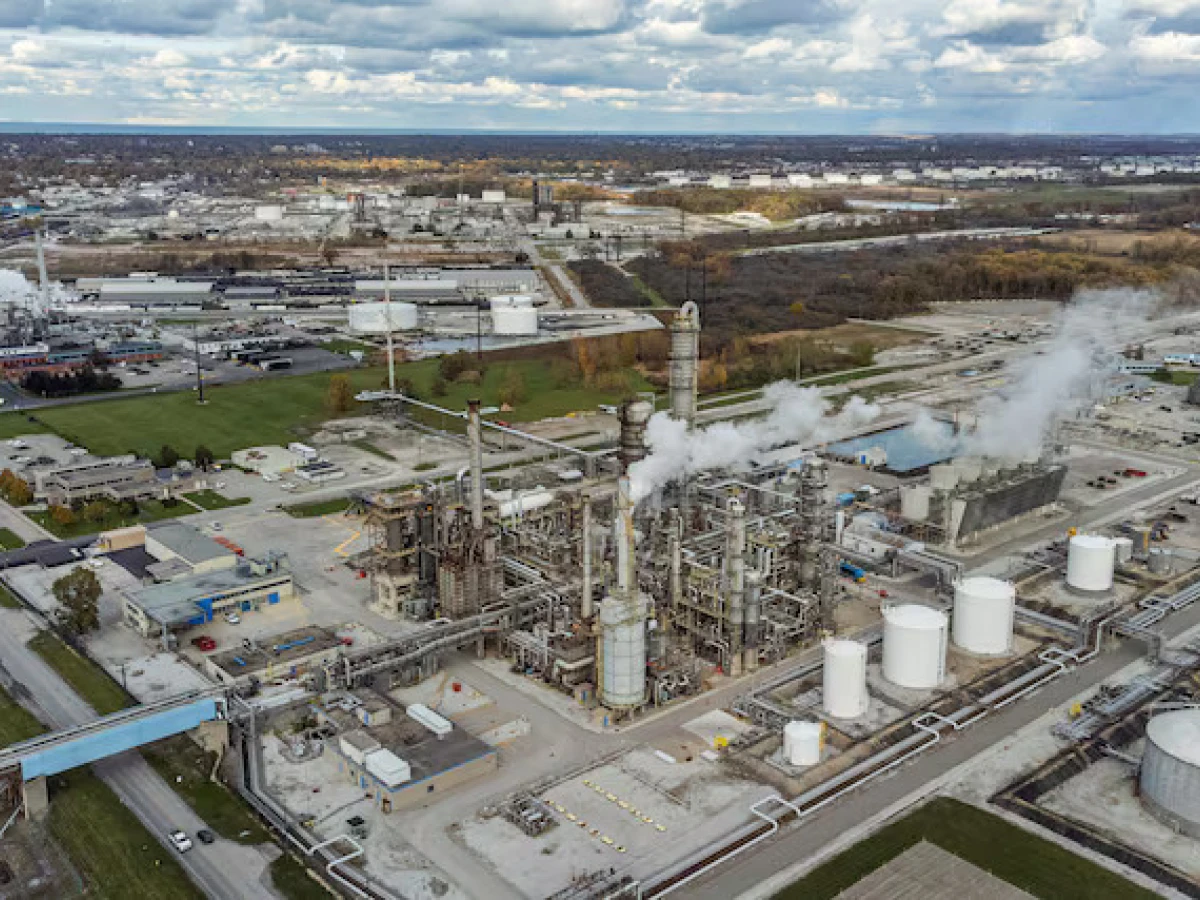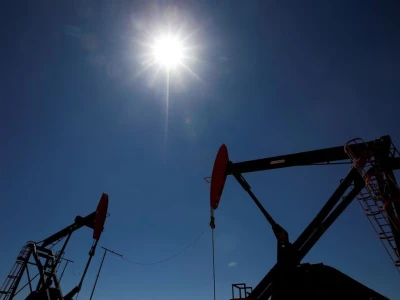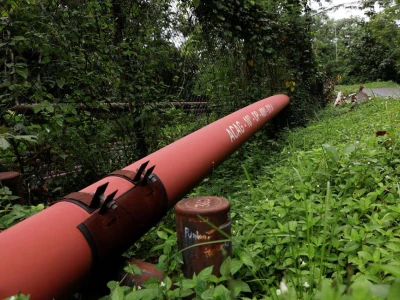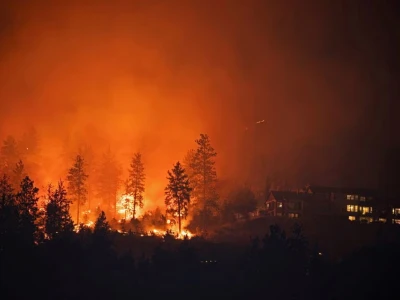
Canadian First Nation declares emergency after INEOS chemical release in Ontario
Ontario's environment department said it is investigating the elevated benzene emission.
April 26 (Reuters) - Canada's Aamjiwnaang First Nation declared a state of emergency due to a chemical release from INEOS Styrolution's plastic manufacturing plant in Sarnia, Ontario, the Indigenous group said.
The Frankfurt-based company, a unit of privately owned INEOS Group (INEOSE.UL) was issued a compliance order by the provincial environment ministry on April 18 to investigate the cause of the leak at its Ontario factory, which began earlier in April. The state of emergency will stay in place unless the discharge of benzene drops to acceptable levels, the First Nation said late Thursday.
The company shut down its facility on April 20 and the Ontario government is working with the First Nation to ensure public safety, the provincial environment ministry said.
INEOS confirmed in a statement on Saturday that it had shut down the Sarnia plant for maintenance and to address an unspecified mechanical issue. It did not address the extent or cause of the chemical release.
The plant produces raw material for products used in medical devices, automotive components and toys, according to its website.
Ontario's environment department said it is investigating the elevated benzene emission.
Aamjiwnaang First Nation, which has 1,000 residents, is surrounded by industrial facilities.
The state of emergency will allow the community to acquire more resources to tackle the situation, Aamjiwnaang Chief Christopher Plain said in a Facebook post.
Darren Henry, an Aamjiwnaang First Nation councillor, told Reuters that at least 10 people have visited hospital in the past two weeks with scratchy eyes, breathing troubles and headaches.
The emergency declaration comes as thousands of delegates gathered in Ottawa this week to attend United Nations talks to rein in soaring plastic pollution.
Janelle Nahmabin, an Aamjiwnaang councillor who is attending the talks, said the incident underscores why some countries and environmental groups want to make sure the treaty also addresses how plastics are made.
"I'm hopeful that us being here and this unfortunate example opens the eyes of the decision-makers in the room, as well as all global citizens," she said.
Related
Related

German economy minister urges China to shift from coal power

Oil companies cautious about drilling; energy transition looms

Ecuador nature reserve will take years to recover after oil exit

